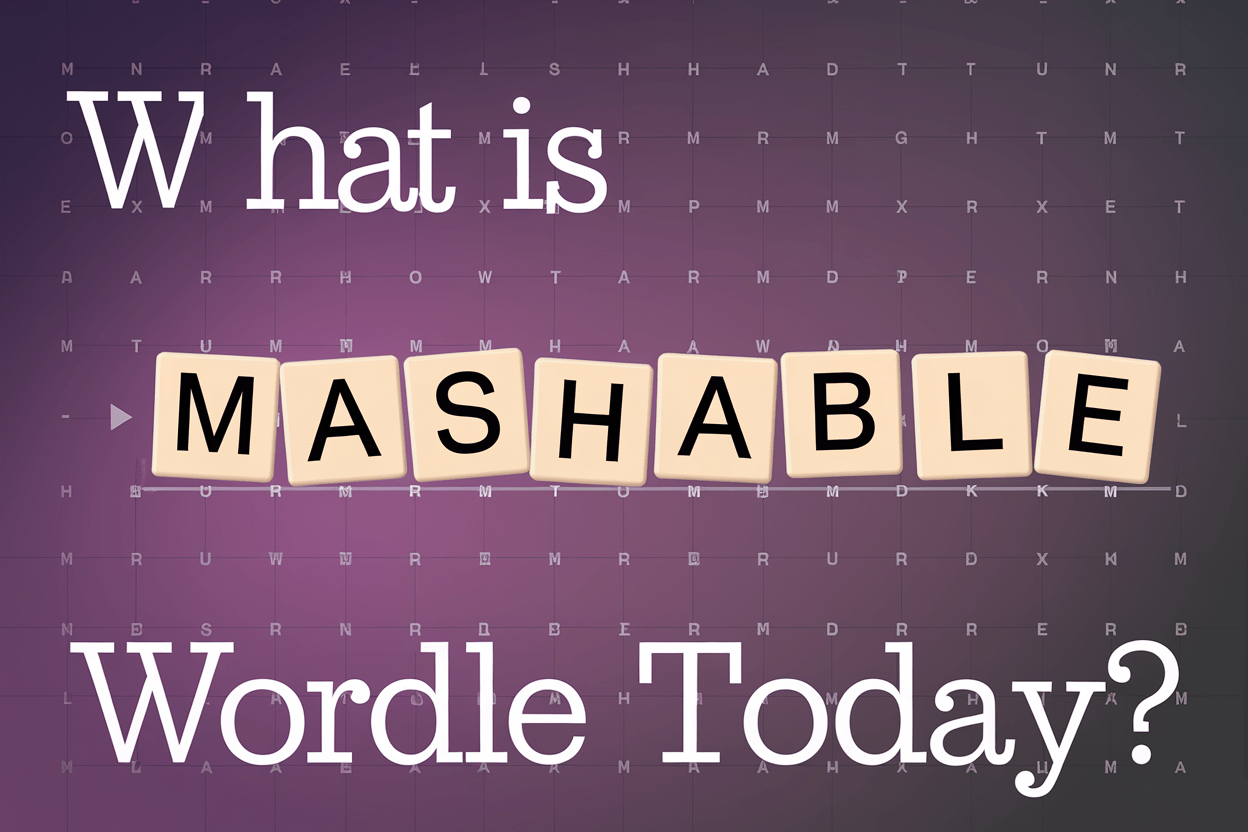In the rapidly evolving landscape of digital culture, certain phenomena emerge with such speed and ubiquity that they transcend their initial categorization, becoming cultural touchstones. Wordle stands as a prime example of such a phenomenon, moving swiftly from a niche online puzzle to a global daily ritual. When a reputable digital authority like Mashable dedicates a significant review to such an entity, it is not merely a critique of a game; it is an exploration of a societal moment. The question then becomes: what makes this particular review so indispensable for understanding our digital present?
Editor's Note: Published on 25 May 2024. This article explores the facts and social context surrounding "wordle mashable a game review you wont want to miss".
The Phenomenon's Enduring Appeal and Cultural Footprint
Wordle's ascent into the collective consciousness was nothing short of meteoric. Launched in late 2021, its elegant simplicitya daily five-letter word puzzle with six guessescaptured millions. Its browser-based nature, lack of intrusive ads, and, crucially, its shareable results format without spoilers, fostered an unprecedented sense of communal engagement. Users eagerly shared their green, yellow, and grey grids, sparking daily conversations and friendly competition across social media platforms. This organic virality transformed a humble word game into a global sensation, demonstrating the power of minimalist design and social connectivity.
"Wordle didn't just offer a puzzle; it offered a shared experience in a fragmented world. Its brilliance lay in its ability to connect people through a simple, yet profoundly engaging, daily ritual," remarks Dr. Eleanor Vance, a digital sociology expert at the University of Oakhaven.
Anatomy of a Critical Dissection
A review from a platform like Mashable is not simply a thumbs-up or thumbs-down; it's a deep dive into the mechanics, implications, and cultural significance of a product. For Wordle, such a review would meticulously examine several critical facets. It would likely dissect the user interface, praising its uncluttered design and intuitive gameplay. Beyond technical merits, it would delve into the psychological aspects of the game: the thrill of deduction, the frustration of a near-miss, and the satisfaction of a successful solve. Furthermore, the review would undoubtedly explore Wordle's impact on digital literacy and mental engagement, positioning it as more than just entertainment but a beneficial cognitive exercise.
The review's strength would lie in its ability to articulate why Wordle resonates so deeply. It would analyze the game's inherent fairness, its consistent challenge, and its clever integration into daily routines without demanding excessive time or financial investment. It would consider the game's surprising legacy, influencing countless clones and spin-offs, yet largely retaining its unique appeal.

